
You might want to think twice if you are taking DIY beauty tips from Google. Not everything natural can be good (Poison ivy is as organic as it gets, right?).
Moreover, the homemade ‘nuskhe’ passed through generations can also cloud your judgment. The truth is that there is a lot of lore and ambiguity surrounding DIY skincare. If you are caught up in those myths, you might be doing more harm than good to your skin. Although DIY routines are popular for their lack of preservatives which seems to be a good thing on the face of it, you must keep in mind that they cannot be stored. DIY beauty products are usually not shelf-stable, which means that the ingredients don’t last. They will degrade over time, and that means they will lose their efficacy, become rancid, and develop bacteria that damage your skin.
For treatments like an egg white mask (more on that), you need to use the product immediately after making it. Other recipes, like moisturizers, may need to be kept in the fridge. They certainly should not be treated like drug-store lotions that can be kept in a cupboard for weeks or months. There are a lot of remedies commonly practiced in almost every household, and not every one of them works.
Here is a list of 7 DIY skincare beauty tips which are every beautician’s nightmare.
1. Using lemon to brighten your skin
Lemons are way too acidic with a pH of 2-3 which can severely damage the protective barrier of the skin. The pH of the skin lies between 4 and 5. When you apply something like lemon to the skin it rapidly deconstructs the skin barrier and it may look like the skin has lightened a bit.
However, the skin is now prone to all the elements of nature, and exposure to sunlight might cause severe blisters and irritation at the least. Lemon is great when ingested but please don’t put it on your face.
2. Coconut oil for skin treatment
Coconut oil is a popular DIY skincare ingredient because of its anti-inflammatory and anti-bacterial properties. However, thick oils like these tend to block pores which might lead to breakouts in the long run. You can have the same hydrating effect without the blockage of pores with hydrating cream.
3. Using mayonnaise as a face mask
Please don’t do this, unless you want acne.
4. Using cinnamon as a face scrub
Cinnamon is harsh and belongs on buns! It will leave scratches on the epidermis (top layer of the skin). Scrubbing too much will cause irritation, blisters, and burns. Better leave this savory ingredient on your plate.
5. Honey for acne treatment
Honey can contain a bacterial spore. Leaving honey on the skin for a long period can be dangerous. It is advisable to rinse it off as soon as possible.
6. Using steam to soothe skin
Over-aggressive steaming can leave the skin dry and irritated, make sure to regulate the temperature of the steam. We have all heard of collagen and it is a known fact that heat can slowly break and tear apart this protein. When collagen breaks it causes wrinkles and fine lines which happen to be signs of aging.
7. Applying toothpaste to shrink pimples
Although toothpaste can bring down the inflammation temporarily but it will leave dark spots and marks behind. A typical toothpaste contains peroxide and baking soda (bad pH for skin, really bad). Peroxide is toxic to skin and is only used to clean wounds when they appear for the first time. Well, in a nutshell, toothpaste is not designed for leave-on topical application.
The bottom line
Never try a DIY skincare treatment without proper consultation and homework. Most of the DIY routines are based on instant results which don’t last very long and might harm your skin. To take proper care of your skin make sure that these DIY recipes come from a credible source such as a cosmetologist.

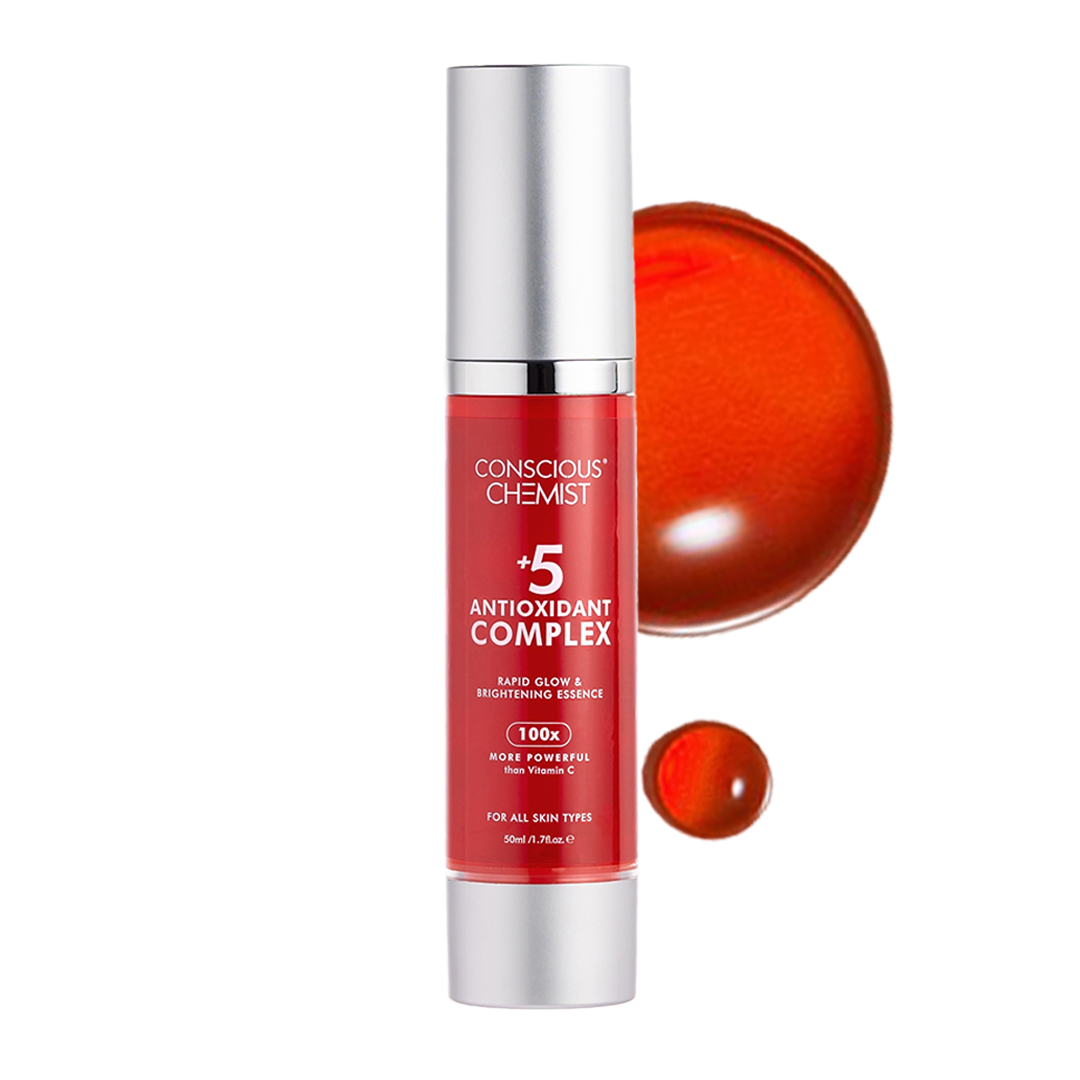
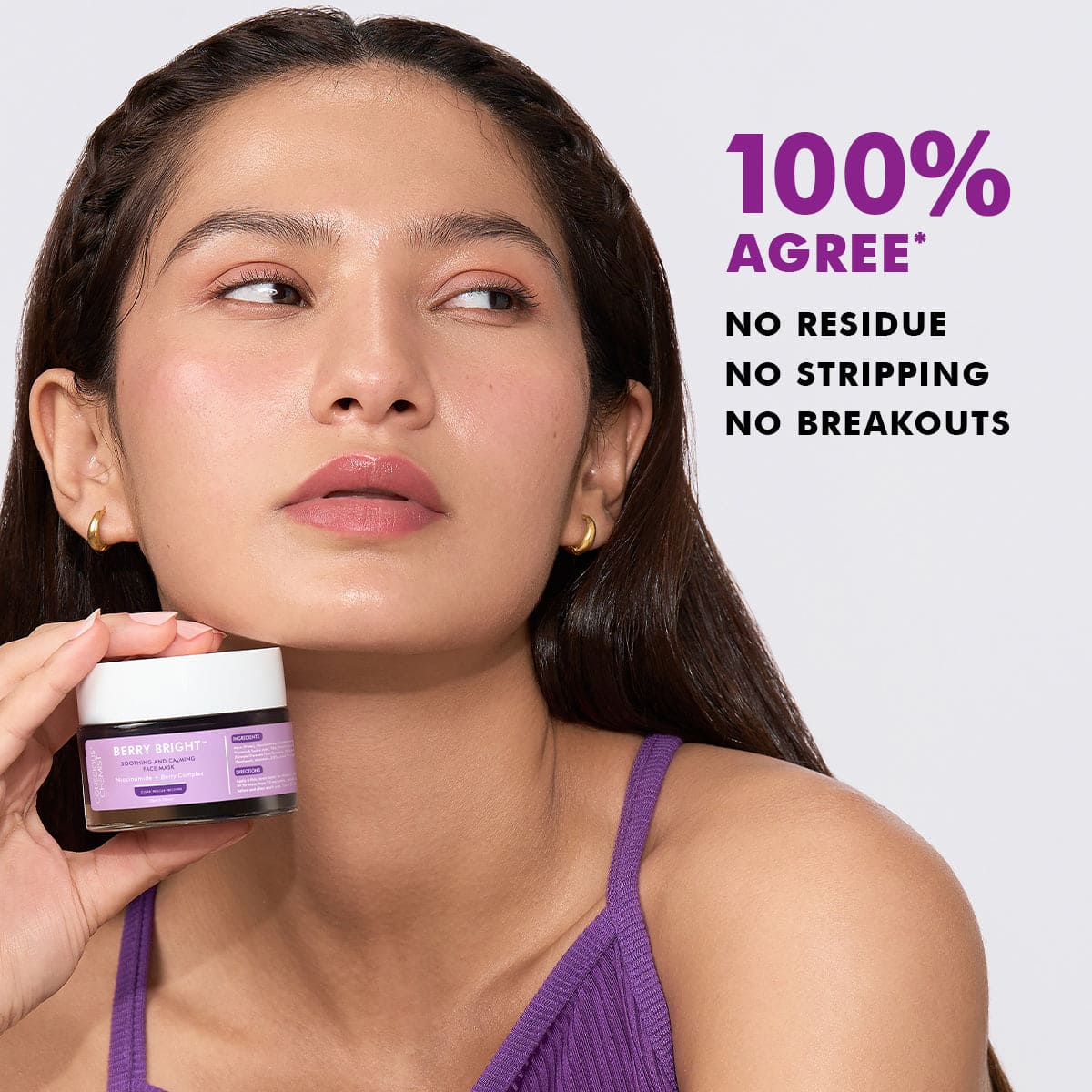
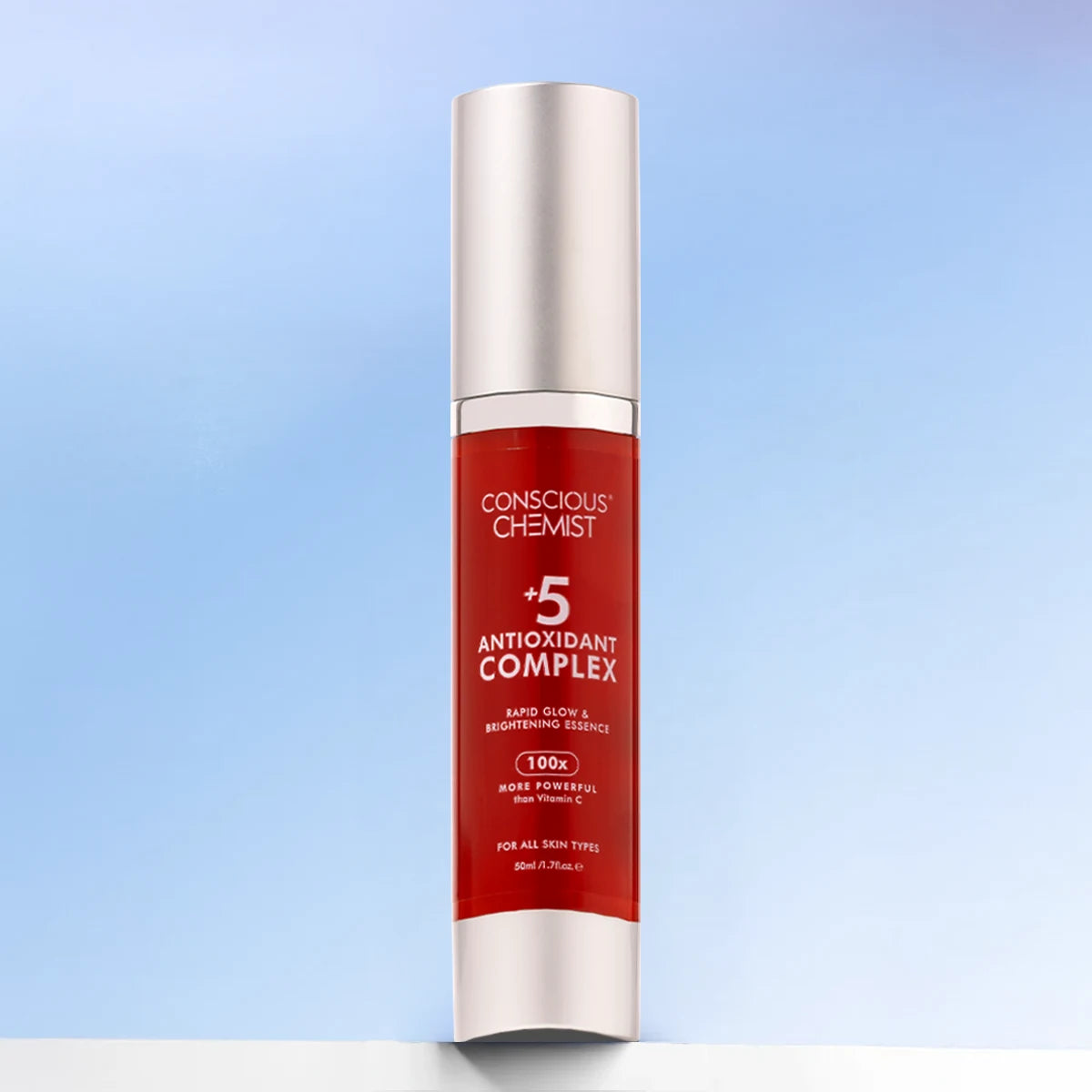
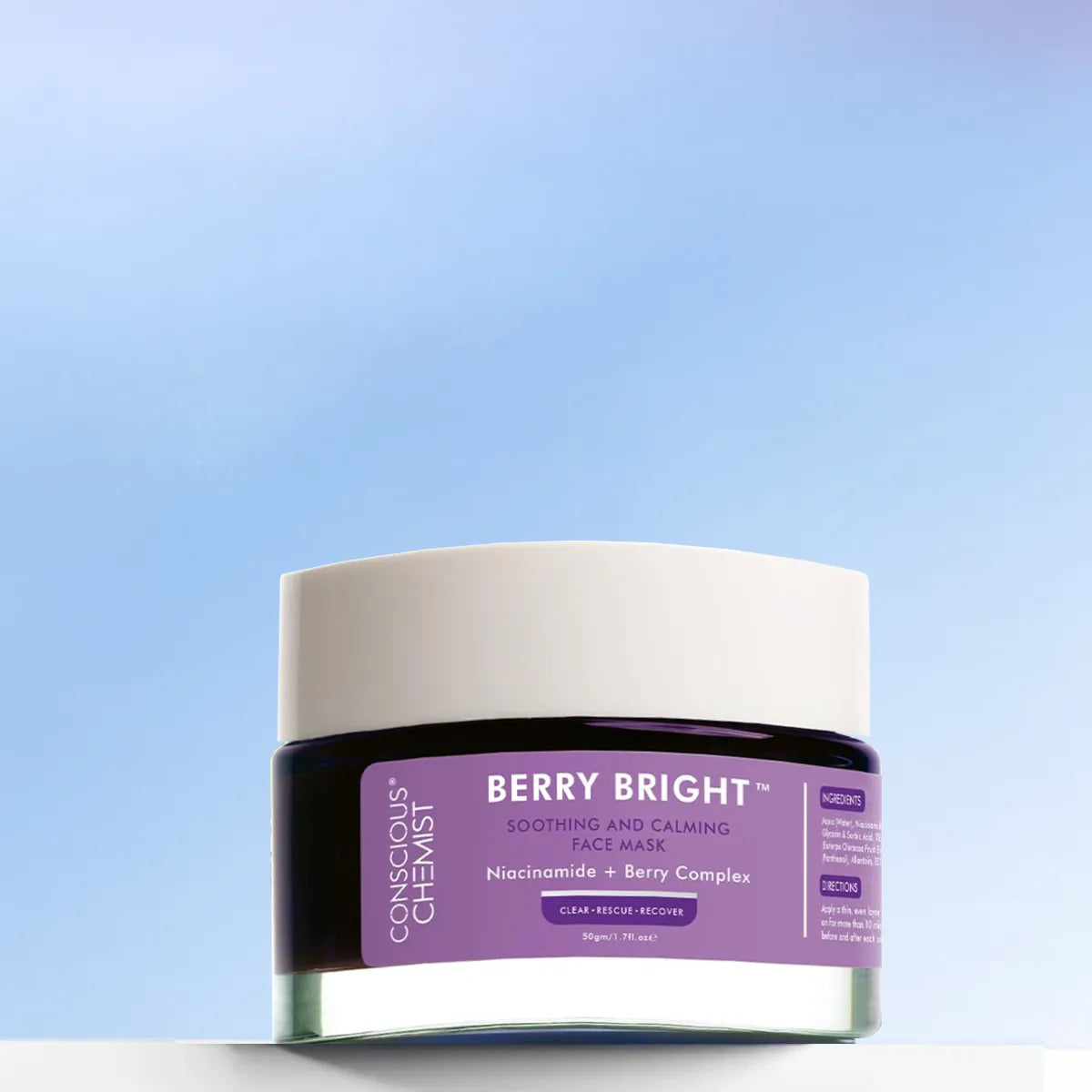

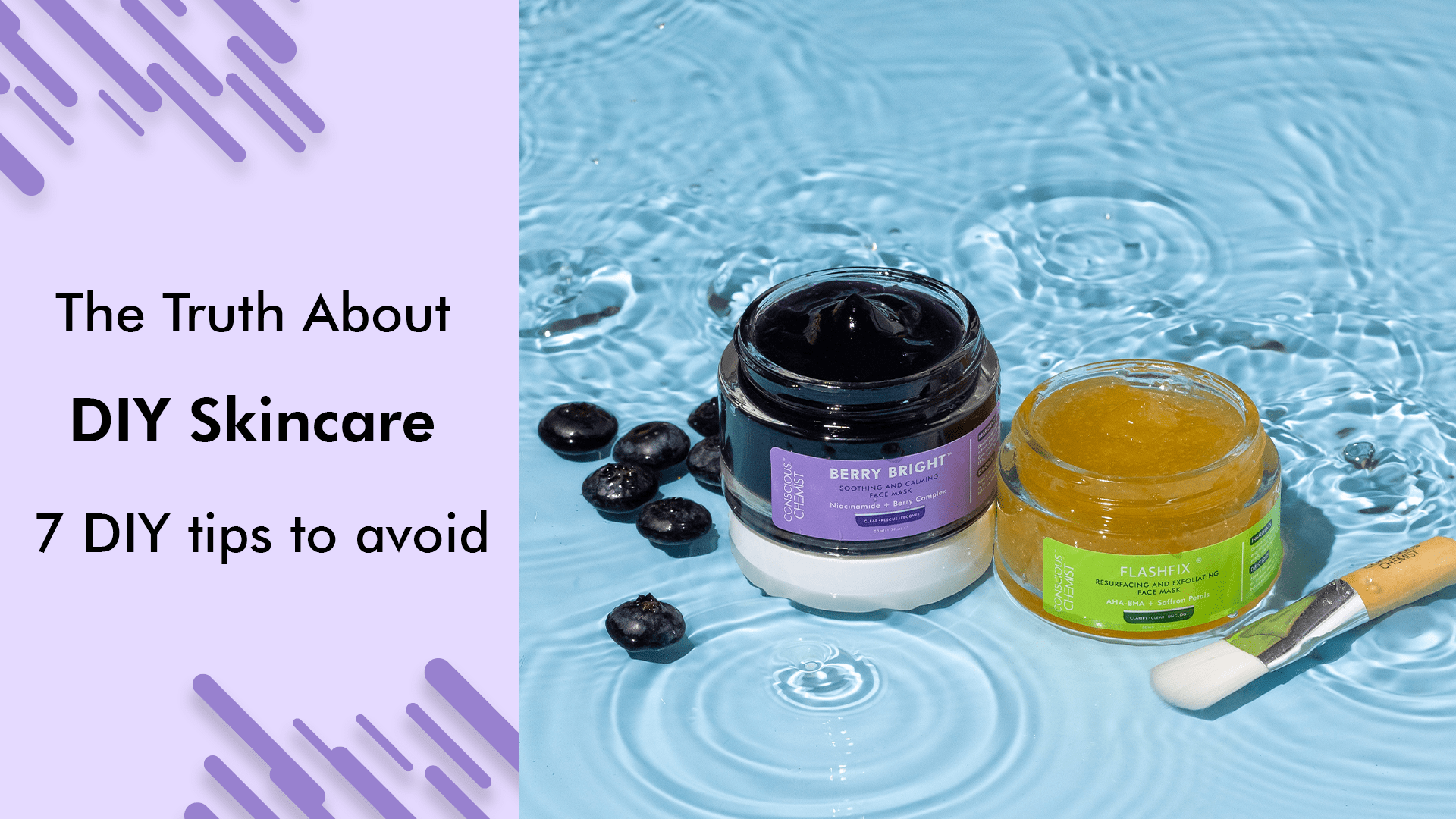
What is Skin Exfoliation, its benefits & skin care routine at home
Preservatives: The good, the bad and the nasty